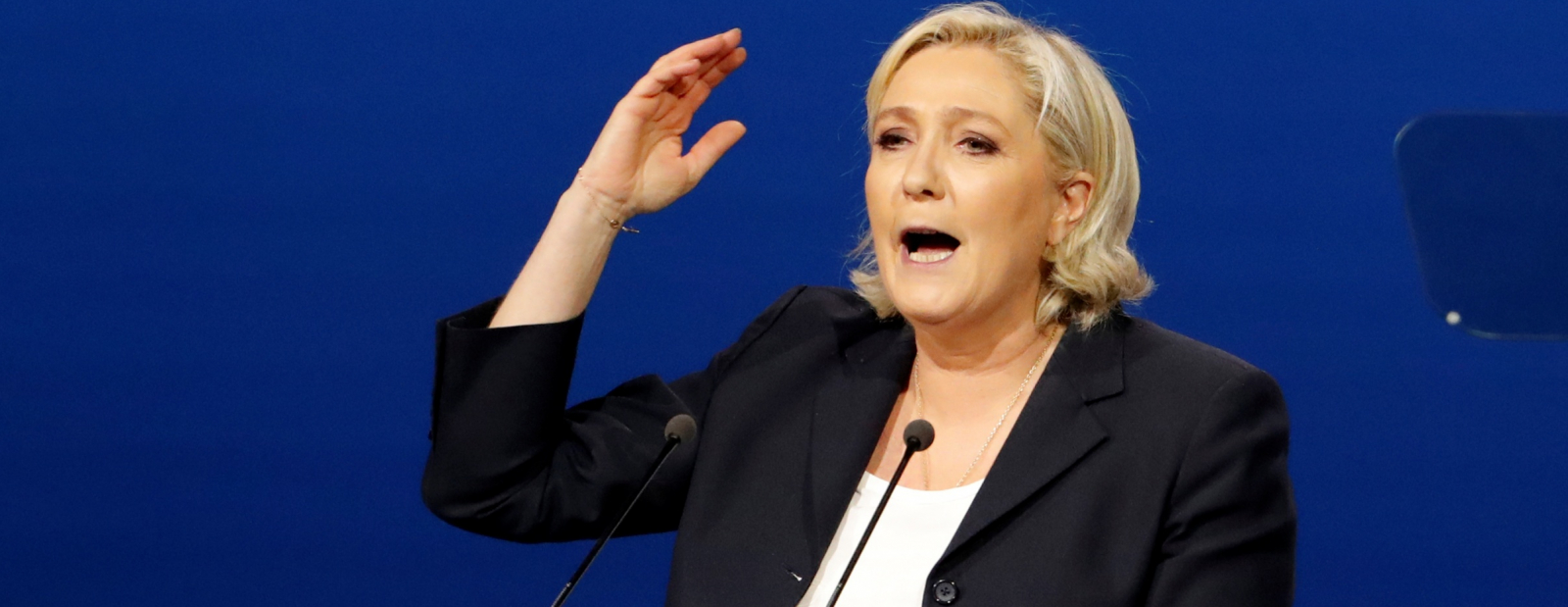They will fight again in the second round of voting on April 24.
In the second round of elections in 2017, Makron effortlessly defeated Lepēni, but experts predict that the fight will intensify this year.
Neither the Covid-19 pandemic policy nor the diplomatic efforts to resolve the crisis in Ukraine have helped Macron to overcome the French’s deep resentment against him. Macro, a reform-oriented technocrat, has for years been seen as an arrogant and indifferent politician to the concerns of ordinary citizens, largely as one of the causes of the 2018 yellow vest protest movement.
Lepena, on the other hand, has softened some of his sharper positions on issues such as immigration and Islam, and has focused more on citizens’ everyday problems, such as high inflation. She has also benefited from the fact that the French electorate is generally on the right. The leader of the national association has managed to improve his bad image.
One of the latest polls shows that in the second round of elections, Macron will only win 51% of the vote, while 49% of the French are going to vote for Lepen, bringing the current president’s lead to statistical error.
Given that the French economy is the second largest in the European Union (EU) and that it is the only nuclear state in the EU and occupies one of the five permanent seats on the UN Security Council, everyone is concerned about what might be expected if Lepena arrives at the Elysee Palace. .
It is quite certain that this will not benefit Paris’s relations with the EU, as Lepena has long been one of the bloc’s harshest critics, and she is expected to join other European national conservative leaders against Brussels.
However, the French have traditionally tended to succumb to the protest vote in the first round of elections, but choose to vote for “the least evil” in the second round. This could benefit Macron.
–


:quality(80)/cdn-kiosk-api.telegraaf.nl/91695e62-b893-11ec-9468-02c309bc01c1.jpg)